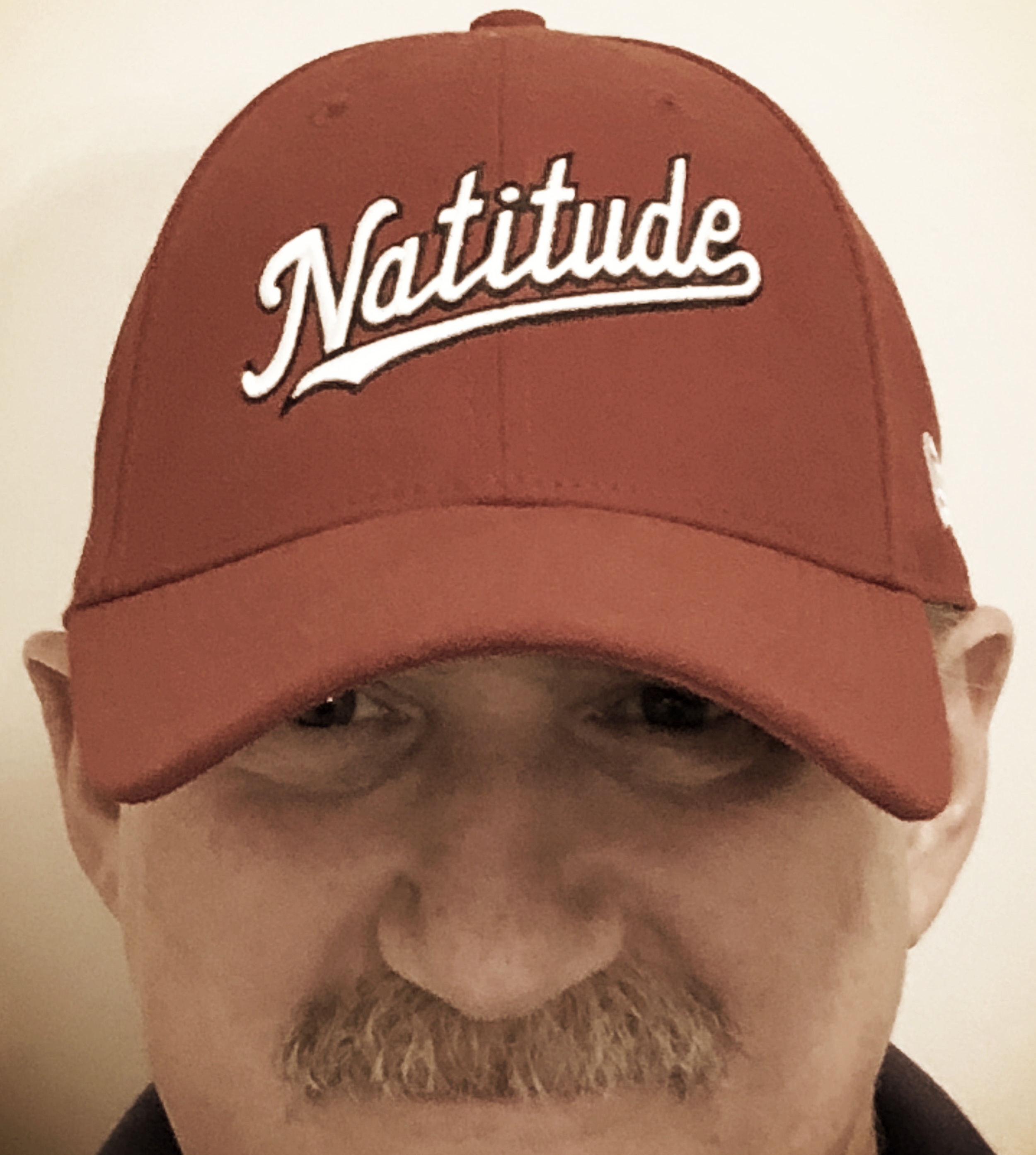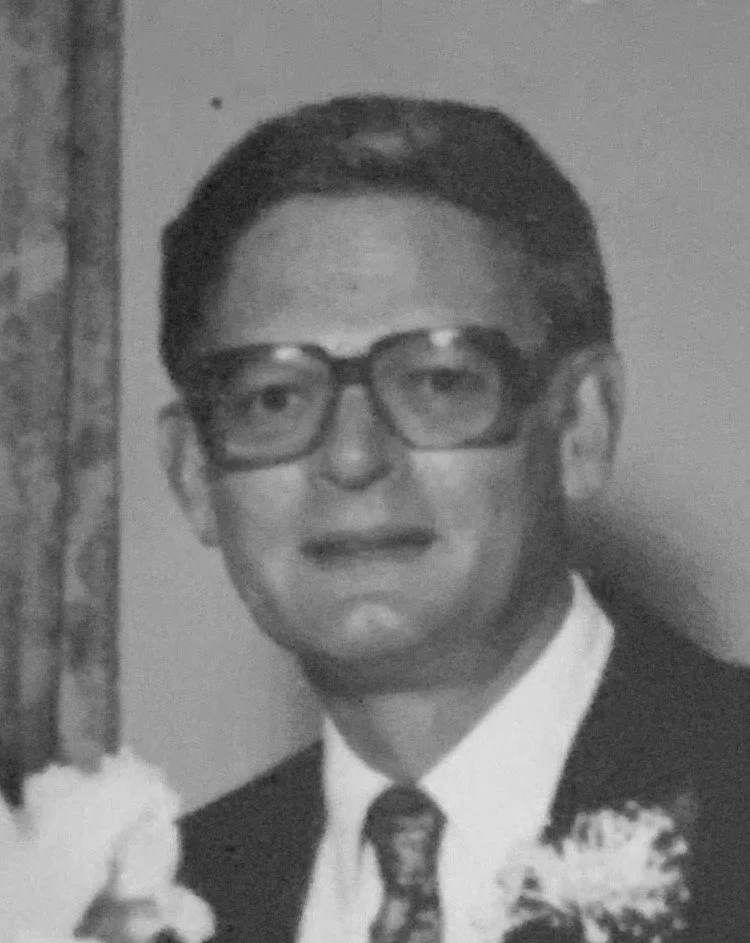Last week we talked about the phenomenon of treatment fatigue. Frankly, that merely cracked open a tiny window into the many life-altering decisions and choices that a cancer patient has to deal with.
In the summer of 2009, my stepfather Arno Blum was diagnosed with AML (Acute Myeloid Leukemia) - an aggressive form of blood cancer. At that time, though only 15 years ago, treatment options were limited and he was given approximately 12 months to live. Of the few treatment choices that were available, it basically entailed a cycle of: a week or so in the hospital for treatment, followed by a week or so of recovery in bed at home, followed by about 2 weeks of limited activity or mobility (due to vulnerability to infection and general exhaustion), after which that cycle started all over again. There was no guarantee of any kind of cure from this regimen, nor was there any predictable amount of progression free survival (PFS) - slowing of the progress of destructive carcinogenic cell growth. So, an AML patient (at that time) could have theoretically gone through months of treatment as described above, with basically little to know quality of life as a result, and still not have survived this cruel form of cancer.
As an alternative intervention, a patient could receive monthly blood transfusions (a 3-hour process), that would give them about three weeks of moderate strength for roughly the first half of each day, and a fourth week where their energy was very limited but manageable - until they went back for another monthly transfusion. In the absence of a more reliable or predictable therapy (at that time), this approach gave the patient an incrementally better quality of life for the period of time before the eventual inevitable fate.
I purposely chose the subhead "Hero" for this piece because Arno decided that he didn't want to spend his remaining time (however long or short) mired in a cycle of hospital stays, side effects and home infirmary. Instead, he opted for the transfusions route. At the time of diagnosis, Arno was given 12 months to live. He survived for 13 months - to live long enough to celebrate his wedding anniversary - and passed away peacefully and painlessly (alav ha-shalom).
When I received my cancer diagnosis, I was reminded of Arno and his journey. He chose to live the remainder of his life on his terms; exchanging a debilitating treatment process with no guarantee of increased longevity, for as many months as he could muster; but spent those months living his way with his family and an appreciable quality of life. Though my situation is much different medically and my treatment options are much more advanced, I am reminded each day of the complexity of his decision and the magnitude of his heroism.




